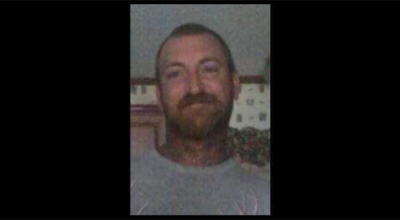Catholic abuse case settled cheaply in Mississippi Delta, but lifetimes of scars endure
Published 8:27 am Tuesday, August 27, 2019
The Franciscan order was established in the early 13th century by St. Francis of Assisi to evangelize and work among the poor. Franciscan Friars based in Wisconsin have been traveling to Mississippi in their trademark brown robes and sandals to fulfill that mission among the Delta’s black citizens since the early 1950s.
Like other religious order priests and brothers, the Franciscan Friars report to their order’s leaders in the U.S. and at the Vatican. While they don’t answer directly to local diocesan bishops, they are subject to bishops’ authority and direction in parish work.
Just 3% of American Catholics are black but the percentage in Mississippi is higher, in part because of missionary work by the Franciscans. The church lists 26 parishes in the Jackson Diocese, out of 101, where blacks have a significant presence.
All of Miss Lou’s five children were baptized by Franciscans and attended St. Francis of Assisi School and Church, on the order’s compound out on Highway 82. It was the same with her nine grandchildren.
“I wanted a positive life for them,” said Miss Lou, now 78.
But a positive life eluded her family, as joblessness and the Delta’s crack cocaine epidemic stalked it throughout the 1990s. Back then, it was often up to Miss Lou, then an orderly at Greenwood Leflore Hospital, to cover tuition and pay for school uniforms for her grandchildren.
Times were especially hard when La Jarvis and Joshua were fourth and fifth graders. At the time, Joshua’s mother was addicted to drugs, living on the streets of Greenwood, and his father had drifted away from home.
The family’s hardships presented a perfect opportunity for a sexual predator.
When Brother Paul West or Brother Donald Lucas offered to pay La Jarvis or Joshua pocket money to work weekends at the Franciscans’ Greenwood compound —doing yard work or cleaning up the church and school — it seemed like an act of generosity.
The boys would alternate weekends, so they were never working together. Often, West ended the day with a meal at McDonald’s or Pizza Hut. And he sometimes drove one of boys home with a stack of pizzas for the entire family. Raphael, five years younger than his brother, Joshua, would cry because he wasn’t yet asked to work at the compound.
West “made it seem like it was really good but it was really bad,” said Joshua.
West, then his fourth-grade teacher and later the school principal, encouraged Joshua by telling him he was a good student with a bright future. But this classic grooming soon led to sexual assaults, Joshua said.
As a matter of routine, Joshua said, West would take him to the empty school cafeteria, where he would order him to drop his pants and bend over a railing while he “whupped” him.
On some occasions, Joshua said, West asked whether he preferred to be beaten or molested. “He gave me the option to whup me or play with my penis,” he said.
More News






